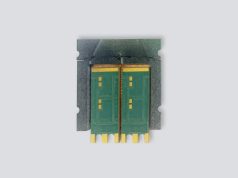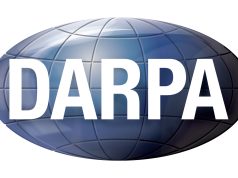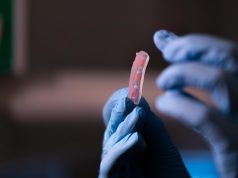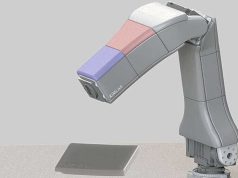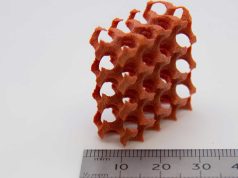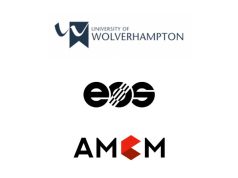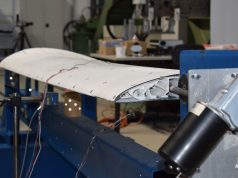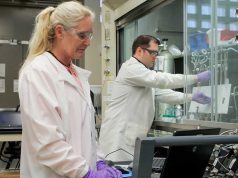The development of biomaterials for artificial organs and tissues may play an important role in the future due to the increase in accidental injuries and chronic diseases, as well as the aging of the population. Dr. Song Soo-chang’s research team at the Center for Biomaterials, Korea Institute of Science and Technology (KIST), has now developed a new temperature-sensitive bioink based on poly(organophosphazene) hydrogels.
Current hydrogel-based bioinks require a photo-curing process that poses risks to the human body. The new Bioink material consists of a temperature-sensitive poly(organophosphazene) hydrogel that is liquid at low temperatures and solidifies at body temperature. This eliminates the need for chemical cross-linking or UV irradiation, and minimizes immunological interference in the human body.
The developed bioink can interact with growth factors that regulate cell growth, differentiation and immune responses. The research team was able to maximize tissue regeneration by creating an environment in which cell differentiation could be autonomously regulated within the 3D printed scaffold.
In one experiment, a 3D scaffold printed with transforming growth factor beta 1 (TGF-β1) and bone morphogenetic protein 2 (BMP-2) was implanted into a damaged rat bone. Cells migrated from the surrounding tissue into the scaffold, and the damaged bone regenerated. The implanted 3D scaffold degraded within 42 days.
Dr. Song Soo-Chang of KIST said, “The research team has transferred technology for the thermo-sensitive polyphosphazene hydrogel to NexGel Biotech Co., Ltd. in June 2022, and the development of products such as bone graft materials and cosmetic fillers is underway. As the bioink developed this time has different physical properties, follow-up research to apply it to the regeneration of other tissues besides bone tissue is being conducted, and we expect to finally be able to commercialize bioink tailored to each tissue and organ.”
Find out more about the Korea Institute of Science and Technology at kist.re.kr.
Subscribe to our Newsletter
3DPResso is a weekly newsletter that links to the most exciting global stories from the 3D printing and additive manufacturing industry.





